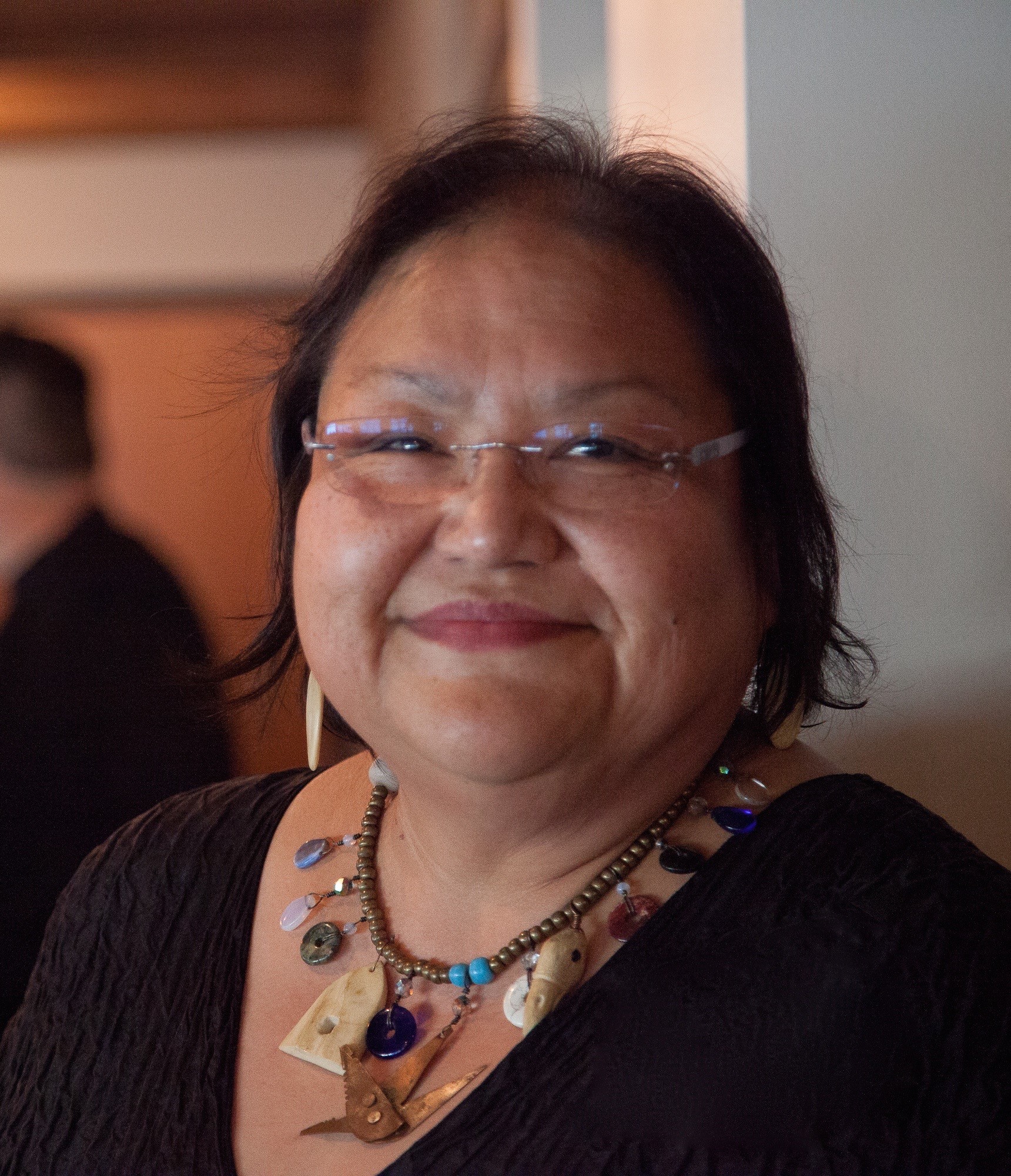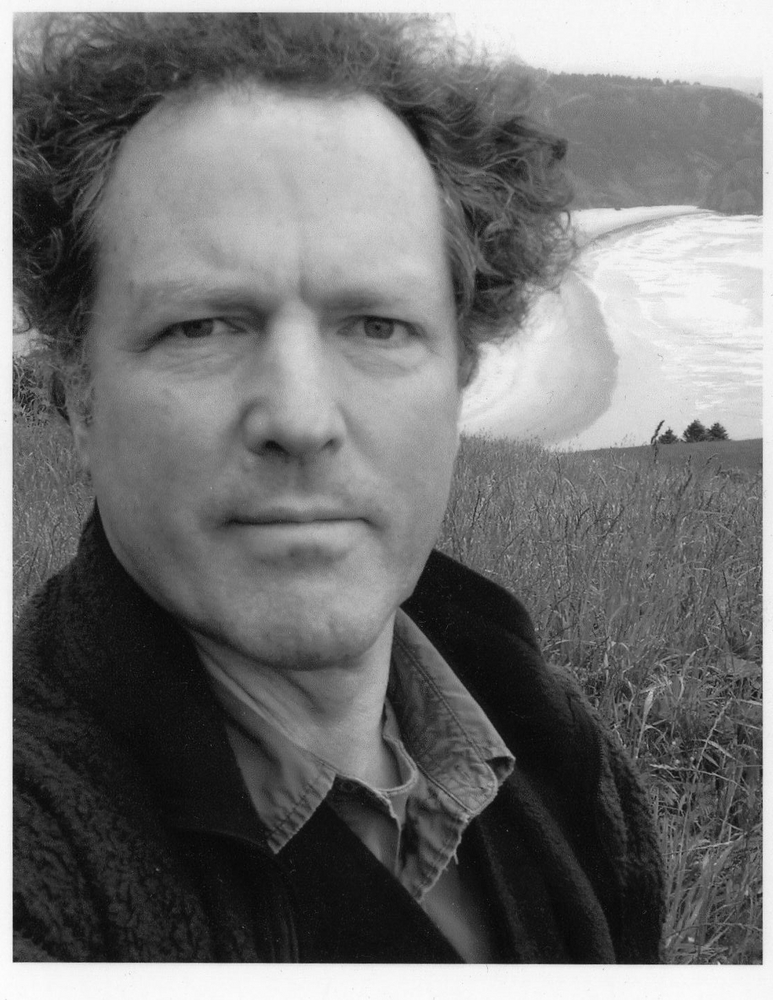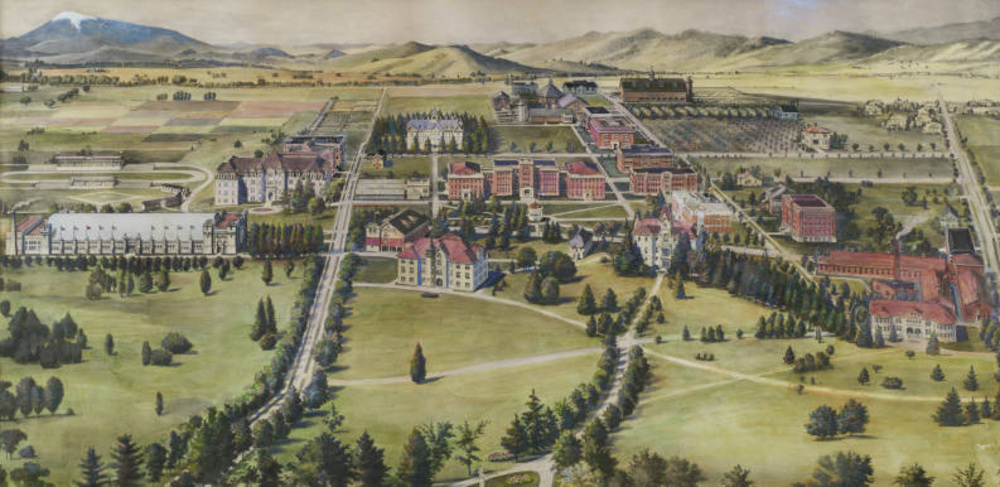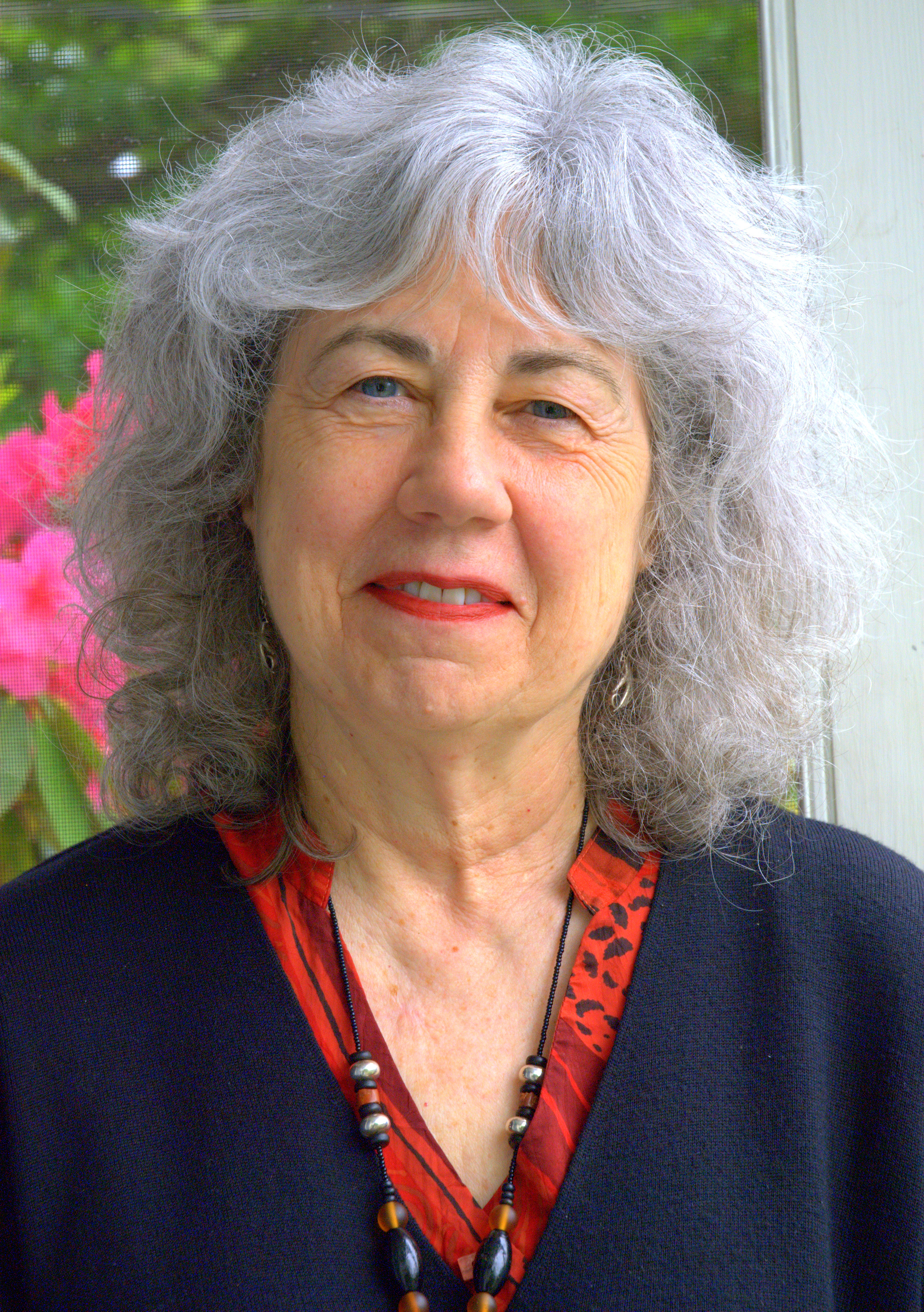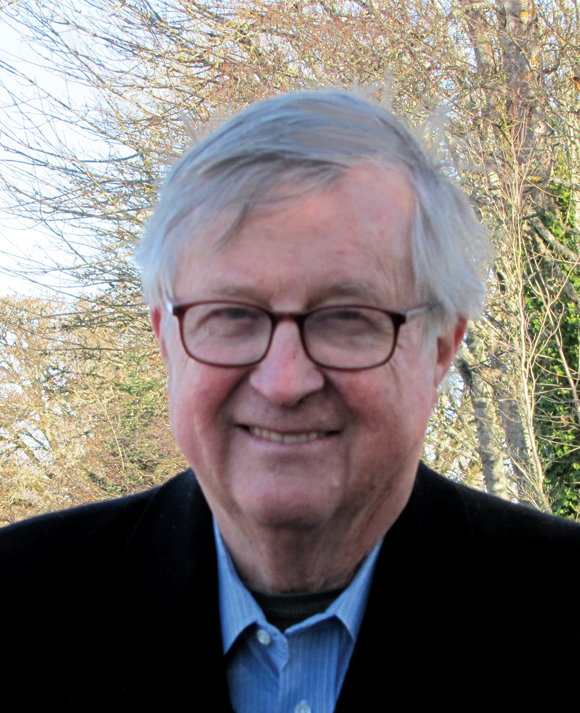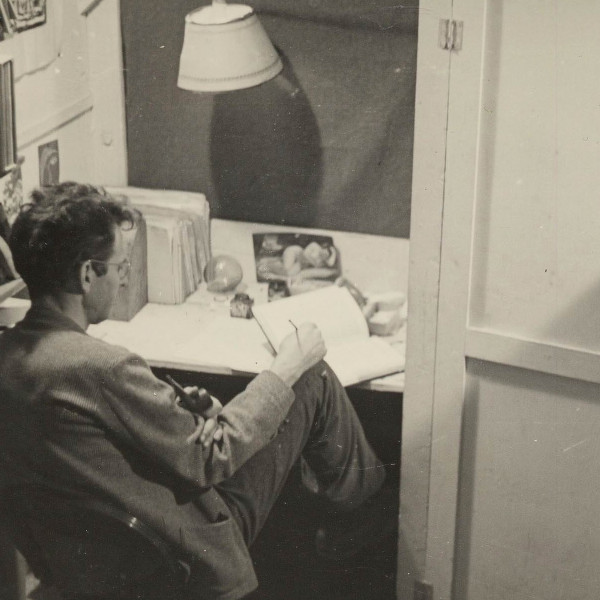As a poet and a carpenter, Clem Starck graced Oregon with his craftsmanship for the better part of four decades. Whether building with words or wood, he has practiced the two trades synchronously. "Writing a poem,” he said, “was like making a model,…it was something small that represented something large." Starck is the winner of an Oregon Book Award for his first collection of poems, Journeyman’s Wages (1995), which also received the William Stafford Memorial Poetry Award from the Pacific Northwest Bookseller’s Association. He was the 1998 Witter Bynner Fellow and poet-in-residence at Willamette University in Oregon and the visiting poet at the University of California at Santa Cruz in 2004.
Clemens Starck was born in Rochester, New York, in 1937 and grew up in the small town of Irondequoit. He attended Princeton University, where he majored in French and became enthralled by classical literature. "It was a real intellectual awakening,” he later remembered. “I was an avid reader, but I was not in any way schooled in the classics. I discovered Literature with a capital L.” He decided to leave the university to continue his education on his own, and he began to travel, becoming what one reviewer called “an omnivore of places, experiences, and people.”
Starck’s travels included hitchhiking through Germany and down the East Coast of the United States, living on skid row in New Orleans, and riding freight trains into the Wallowa Mountains in northeastern Oregon. In the late 1950s, when he was twenty-one, he got a job as a waiter at the Bread Loaf Writers’ Conference in Middlebury, Vermont, and managed to get a scholarship to attend a workshop. As he remembered in his 2015 oral history for Oregon State University, when poet George Barker asked him what he had written, he answered, “‘well, um, I haven't written anything.’…he just looked at me in a very kindly way and he said ‘well, I think it's time you began.’” Before long, Starck started writing and in 1963 received a grant from the Helene V. Wurlitzer Foundation, an artist residency program in Taos, New Mexico.
Starck had an abiding affinity for manual labor, and he continued to work. He took a job as a merchant seaman, as a writer for the Oil Paint and Drug Reporter, a Wall Street trade weekly that reported on the stock market status of drugs and chemicals, and as a cowpuncher on an Oregon ranch. Friends who worked in the carpentry trade steered him toward an apprenticeship, and carpentry became a way to support himself so he could work as a poet. For more than twenty years, he built bridges and homes on the West Coast, labor that became the focus of much of his poetry. In 1986, he took a job as a carpenter at Oregon State University in Corvallis.
In his poetry, Starck reproduces the people, places, and projects he has experienced as he worked, studied, and traveled, elevating common moments to the spiritual and the universal. In his poem "Slab on Grade," published in the Oregonian in 2013, Starck reflects, "What could be flatter or more nondescript / than a concrete slab? / For years people will walk on it, / hardly considering that it was put there / on purpose, / on a Thursday in August / by men on their knees." In elevated everyday language, he combines spare observation, wry humor, folksy wisdom, Taoist and Buddhist philosophy, and irreverent truthfulness to create poems that resonate with and instruct readers. In Starck’s estimation, his poetry “is the trick of making something as insubstantial as a piece of language appear solid and durable.”
Starck’s Studying Russian on Company Time (1999) and China Basin (2002) were finalists for the Oregon Book Award. His other works include Traveling Incognito (2004), Looking for Parts (2009), Rembrandt, Chainsaw (2011), Getting It Straight (2013), Old Dog, New Tricks (2016), Durable Goods (2017), and Cathedrals and Parking Lots (2018). Most recently, his work has been compiled in The Madrona Project: A Festschrift for Clemens Starck (2020).
Starck retired from his carpentry work at Oregon State University in 2006. He lived in the foothills of the Coast Range near Dallas, where he continued to write. He was a regular participant in Astoria’s FisherPoets Gathering. Starck died on March 21, 2024, in Dallas, Oregon.
-
![]()
-
![]()
Old Dogs, New Tricks, by Clem Starck.
Courtesy Clem Starck -
![]()
Journeyman's Wages, by Clem Starck.
Courtesy Clem Starck
Related Entries
-
![Elizabeth Woody (1959-)]()
Elizabeth Woody (1959-)
Poet and artist Elizabeth Woody was named Oregon Poet Laureate in 2016,…
-
![Ernest G. “Gerry” Moll (1900–1997)]()
Ernest G. “Gerry” Moll (1900–1997)
Gerry Moll was an Oregon poet of the mid-twentieth century who served o…
-
![Kenneth O. Hanson (1922-2003)]()
Kenneth O. Hanson (1922-2003)
Poet Kenneth Ostlin Hanson lived in the Pacific Northwest for most of h…
-
Kim Stafford (1949 - )
Kim Stafford, Oregon’s ninth Poet Laureate, is a poet, essayist, memoir…
-
![Oregon State University]()
Oregon State University
Oregon State University (OSU) traces its roots to 1856, when Corvallis …
-
![Paulann Petersen (1942-)]()
Paulann Petersen (1942-)
Paulann Petersen, Oregon’s sixth Poet Laureate, is an award-winning poe…
-
![Peter H. Sears (1937–2017)]()
Peter H. Sears (1937–2017)
Peter H. Sears, a poet and educator, served as Oregon Poet Laureate fro…
-
![The FisherPoets Gathering]()
The FisherPoets Gathering
Founded in 1998, the FisherPoets Gathering takes place every year in As…
-
Vi Gale (1917 -2007)
Oregon poet and publisher Vi Gale was born Viola Håkansson in rural Nor…
-
![William Everson (1910-1994)]()
William Everson (1910-1994)
William Oliver Everson, a prominent poet in the San Francisco Renaissan…
-
![William Stafford (1914-1993)]()
William Stafford (1914-1993)
William Stafford, one of America’s most widely read poets, was born in …
Map This on the Oregon History WayFinder
The Oregon History Wayfinder is an interactive map that identifies significant places, people, and events in Oregon history.




